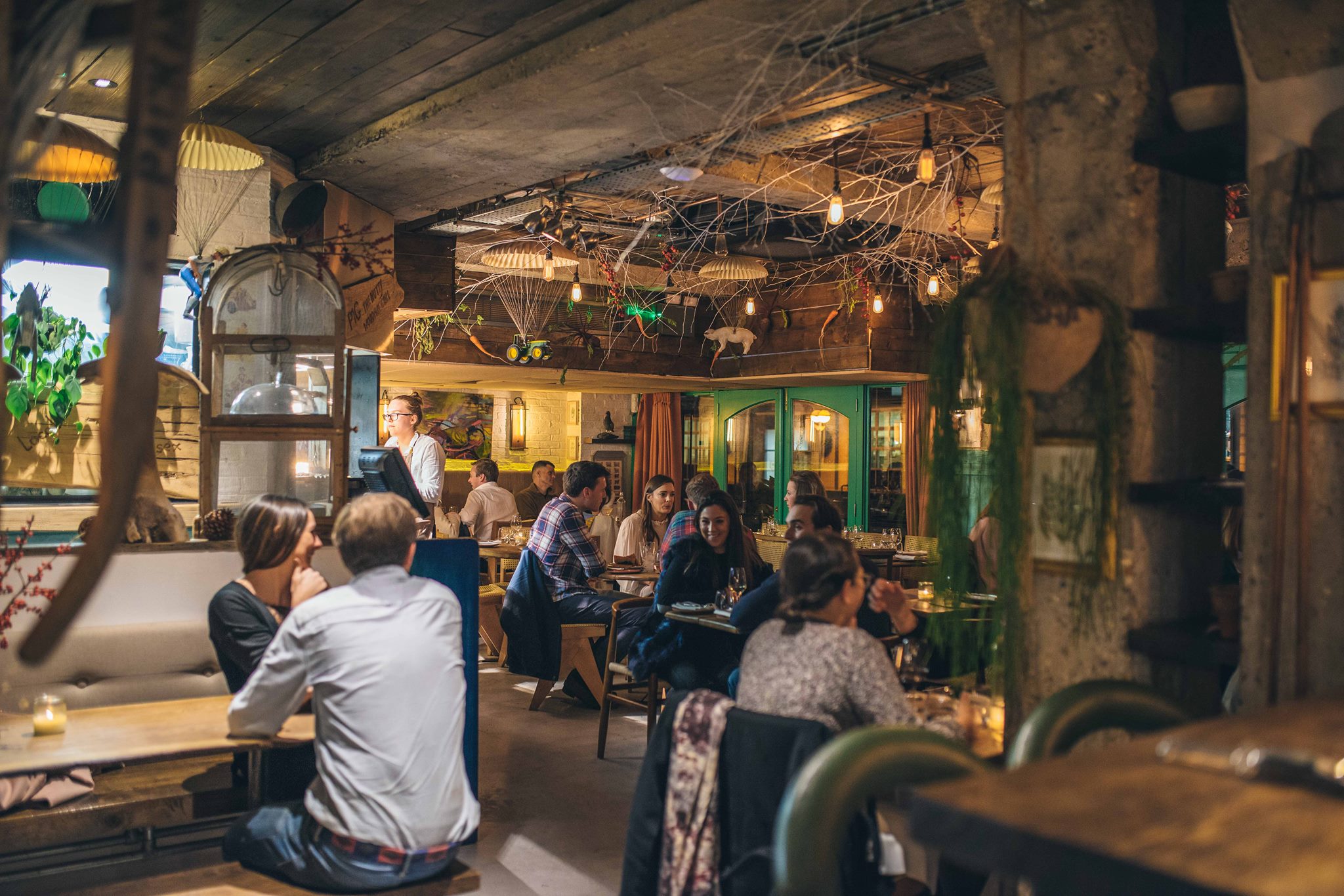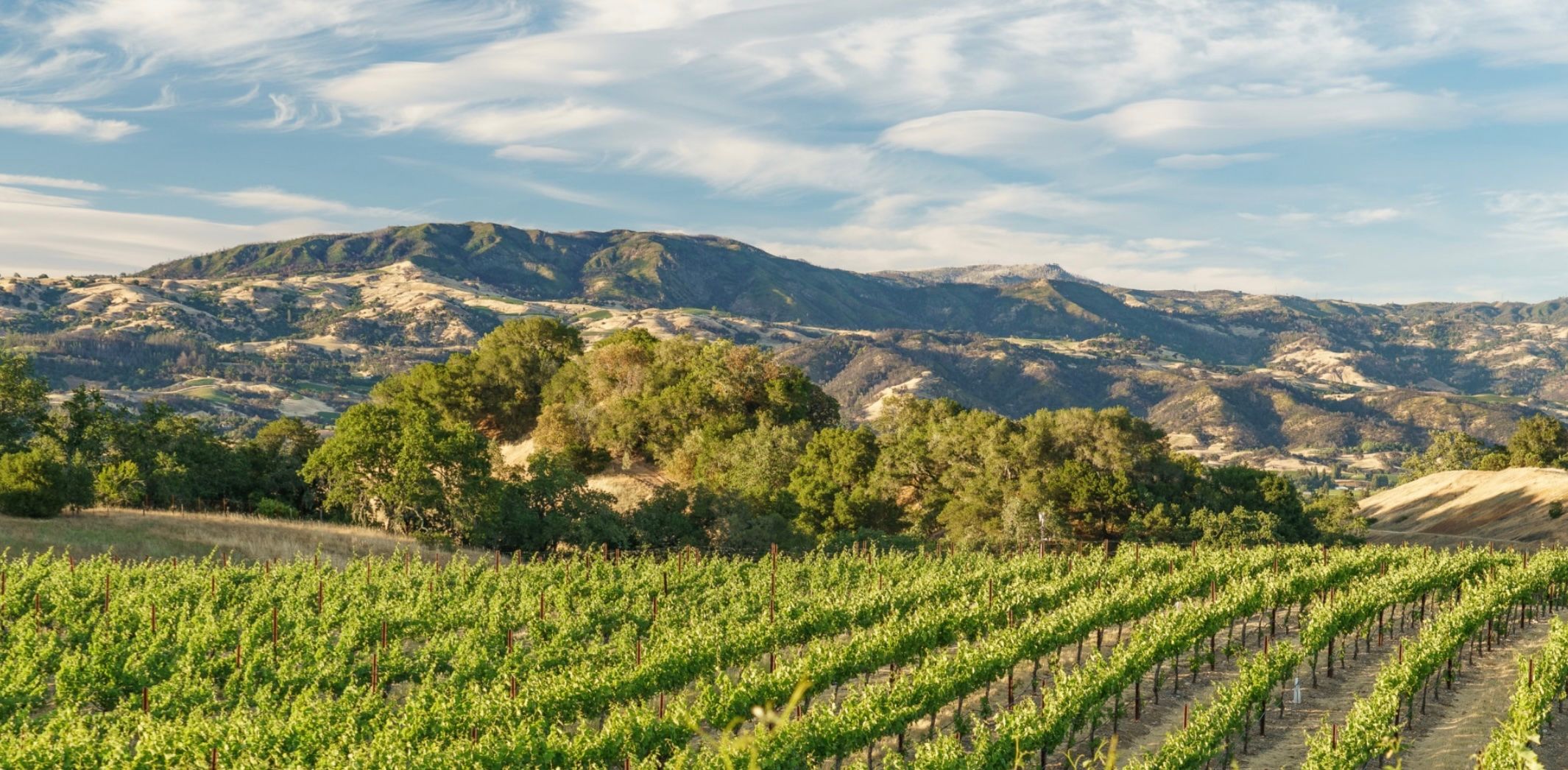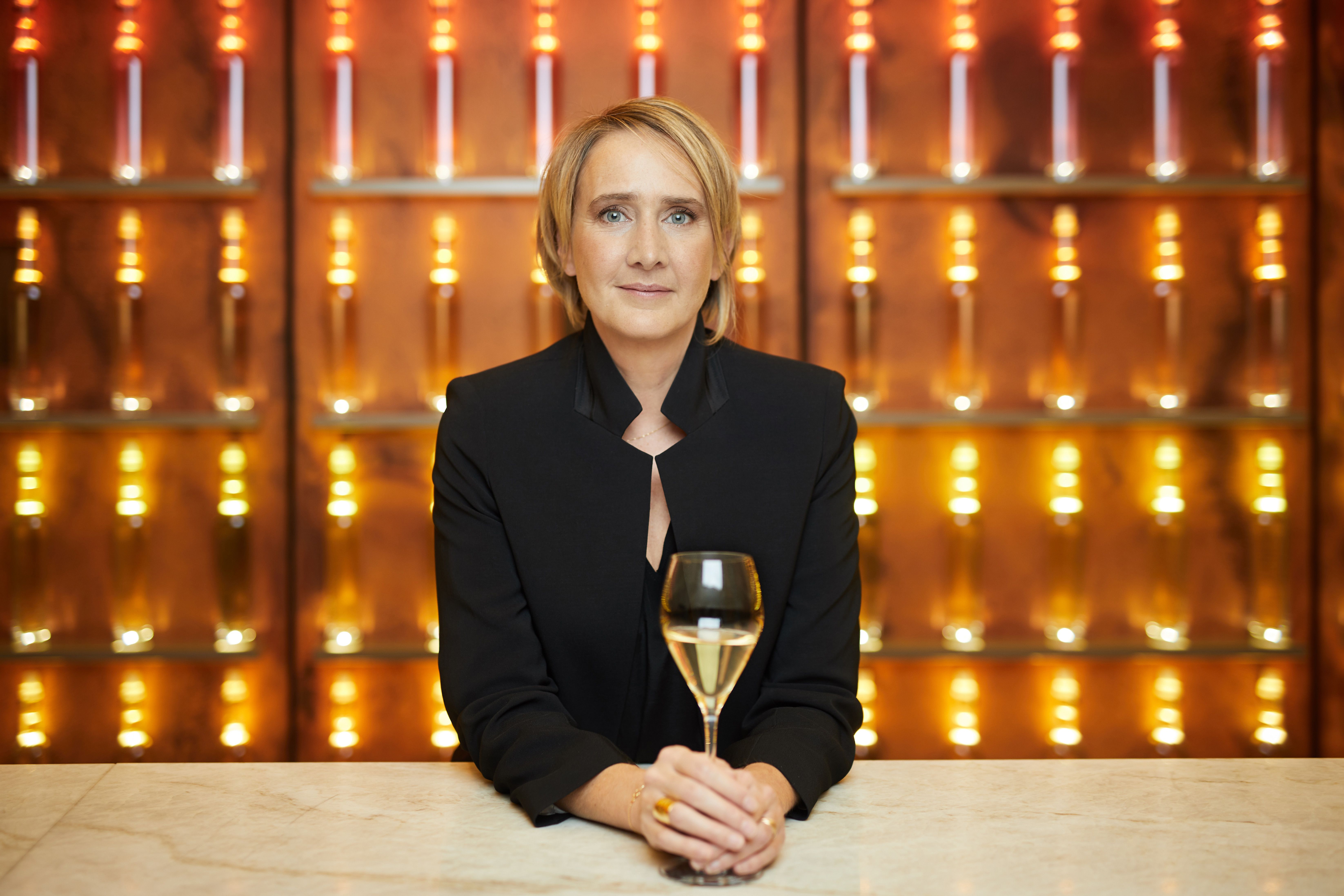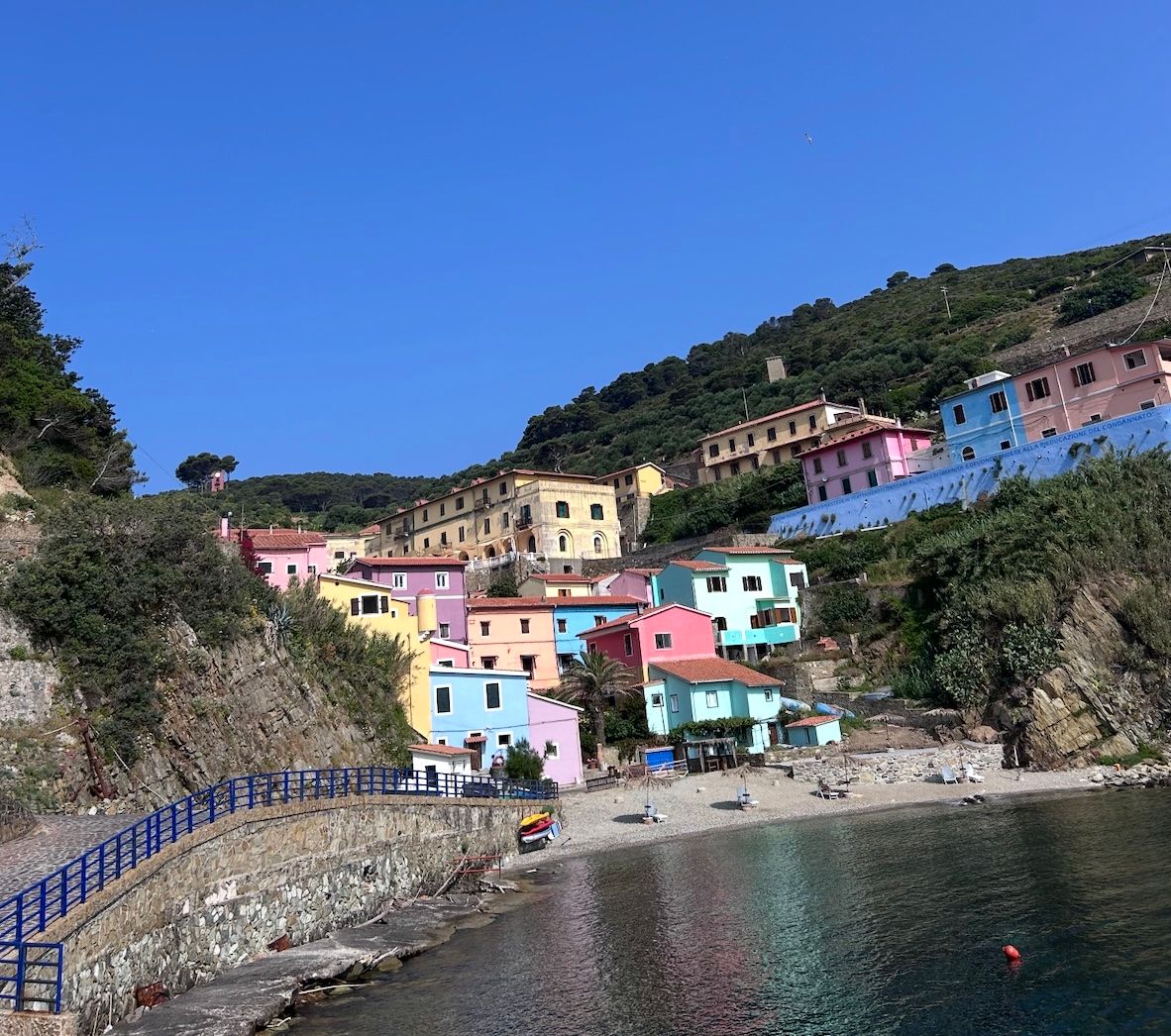It’s one thing sourcing your produce, meat and fish sustainably, but what happens when it comes to the wine list? Richard Siddle looks at what different restaurants and Jascots Wine Merchants are doing to make wine more sustainable in the premium on-trade.
What sort of packaging restaurants are using to become more sustainable was also a key topic of Jascots Wine Merchants recent breakthrough sustainability debate with a number of its key on-trade customers and corporate clients.
Ryan Mozley explained how the Nutbourne Restaurant group has had great success switching its house wines over to bag in box, and then serving the wine in an old recycled, clear labelled wine bottle. “People just don’t mind. If you are buying the house wine then you are perhaps not that discerning about wine either,” she said.
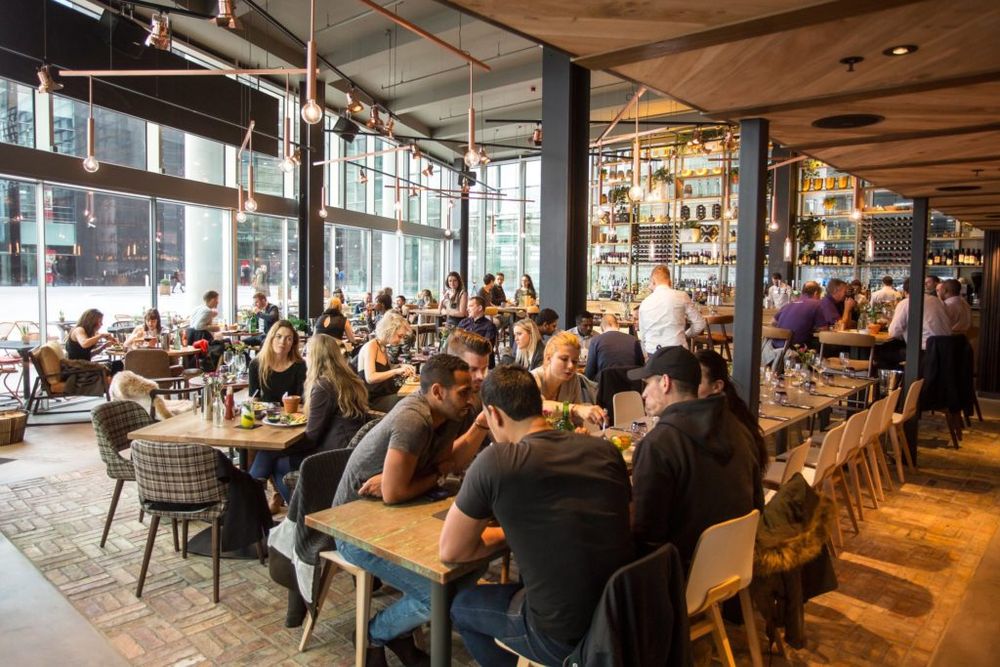
Nutbourne restaurants has had good success using bag in box wines and serving the wine in carafes
Jessic Klopcic at Ozone Coffee said it was also looking at more wine on tap and bag in box alternatives. “We think it would be a good starting point to talk to our customers about wine and sustainability,” she said. “An overriding part of our business DNA is to make people aware we are trying to run our business in a more sustainable way. So our customers do come in and expect us to be doing things differently.”
George Cardwell at the National Theatre said it was also working far more with bag in box wine and had made a saving of about £25,000 a year on the cost of waste, versus glass bottles and weight. “Bag in box is really good when it comes to managing waste and costs,” he said.
Cans on the menu?
Then there is the issue of cans. As we see more wine cans in supermarkets, could they also be a viable option in restaurants as well?
Mozley at Nutbourne Restaurants sees no reason why not. “We are trying to move our beer selection towards cans. It’s now becoming fashionable and OK to serve beer in a can in a restaurant. Whereas five years ago that would not have been possible. But’s it’s about trying to change people’s perception on packaging.”
Ylva Johannesson of the Sustainable Restaurant Association certainly encouraged the restaurateurs to take as many steps as they could around packaging as it was often the biggest difference they could make to be more sustainable.
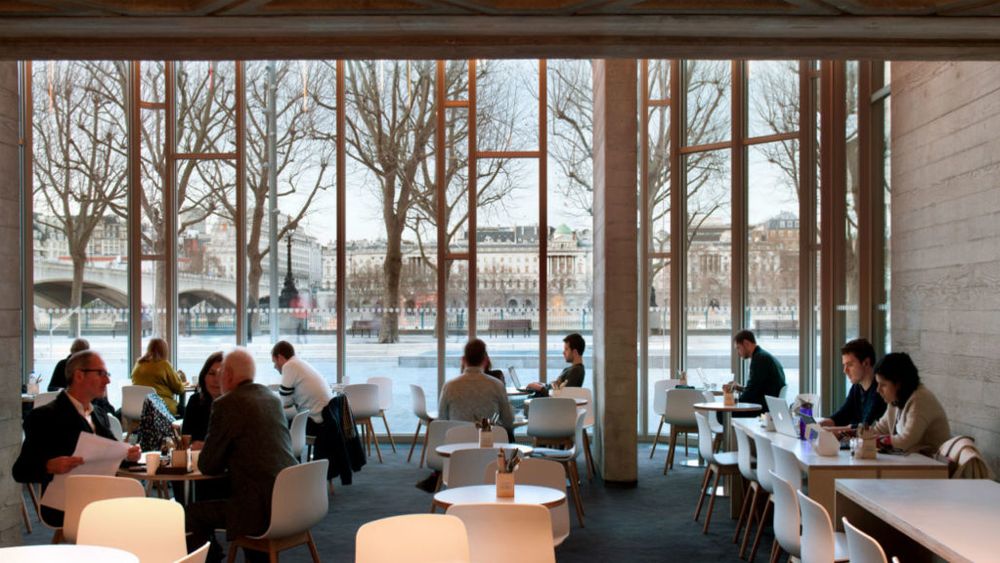
The National Theatre is working hard to cut down on its waste and seeing a saving in costs as a result
Cardwell of the National Theatre added that it was not only the packaging inherent in wine that was an opportunity but also for example the plastic used to wrap pallets of wine in transit “we’ve replaced plastic wrap with reusable straps for our wine deliveries and that has saved over a kilometre in plastic wrap since January.”
Miles MacInnes at Jascots said you only needed to look at the average weight of bag in box, which might be 0.5k per litre, compared to 2.6k per litre for heavy bottle of Champagne. “The difference is vast. Looking at alternative types of packaging can be really important.”
How much each type of packaging costs to ship, use and recycle would be useful for any restaurant to know, he said.
The right way forward?

Miles MacInnes says it is important the whole on-trade sector makes ‘the effort’ to tackle sustainability in wine
For MacInnes it is all about making the effort to do something, however small and whatever the criticism. “When you talk about your sustainable efforts, you are also likely to get criticised at the same time. So when we claim we don’t wrap our pallets in plastic, we then get criticised for driving lorries. But it is important we are making more sustainable choices.”
He said the opportunity and potential is there to “transform” what the wine industry is doing around sustainability. It is already having an impact at the producer and grower level. “Some producers are going way beyond biodynamic and organic certification and it has become a commercial imperative in their businesses.”
But, he conceded, more work needs to be done in how the on-trade sector then communicates how sustainable its wine offer is to its customer base and how it fits in with the rest of what a particular restaurant group is doing.
What information, asked MacInnes can a wine supplier like Jascots provide that will really its restaurant customers improve their sustainability? Would a wine list that includes the approximate carbon footprint for every wine, as well as price, be useful for its on-trade customers?
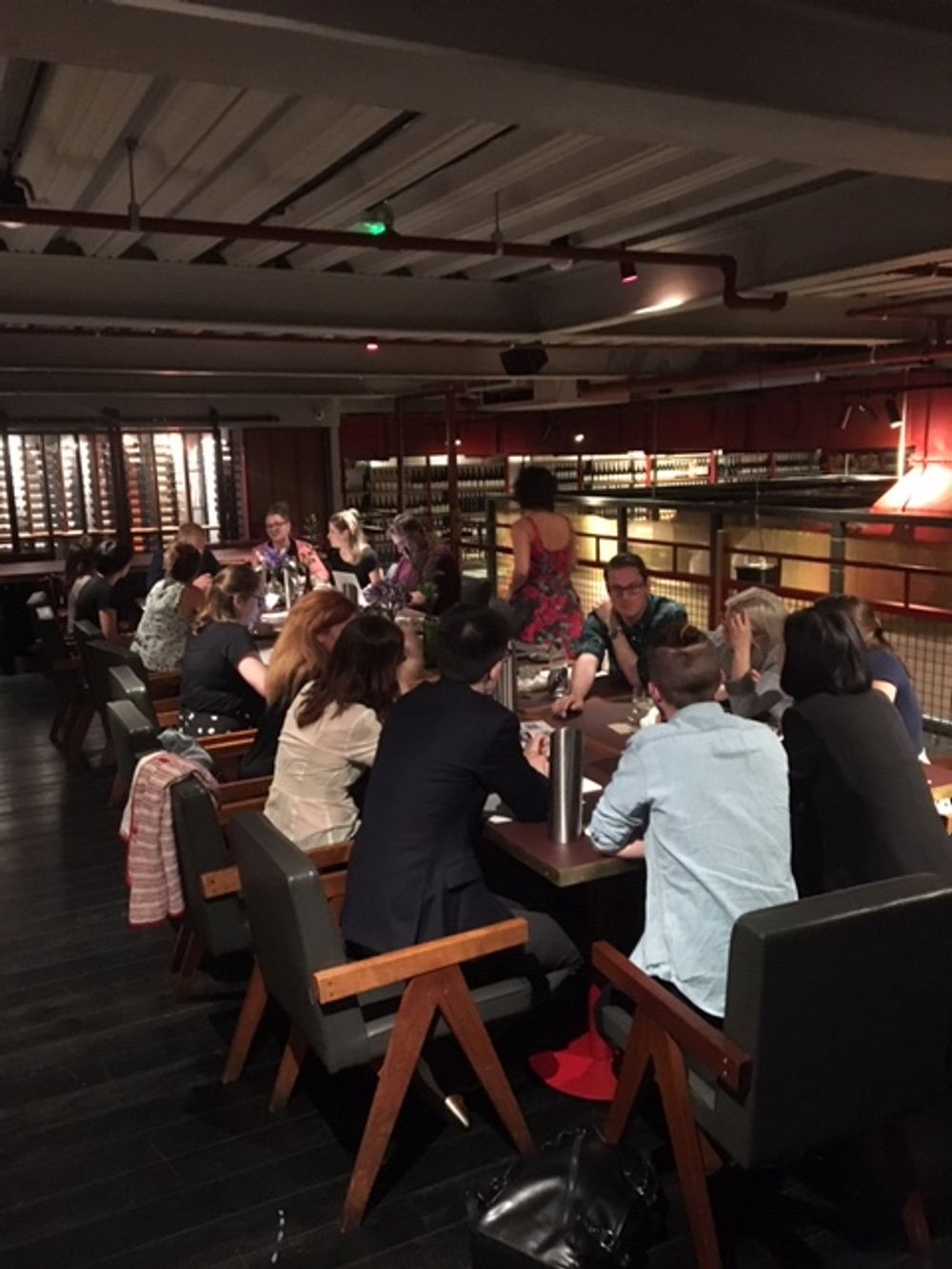
The restaurants were keen and open to talk about the efforts they are making around sustainability at the Jascots debate
Cardwell said it was a difficult balance when promoting your sustainable message to your customer. It’s great, for example, that a producer you work with might only farm half its land to help with the biodversity of the region. “That is a real statement of intent,” he said. “But it can come across as a bit preachy if we isolate all our biodynamic and organic wines on one page of the wine list. We find it actually works better if we incorporate them as part of the main menu.”
Johannesson said she has seen this approach work well in other areas. “Boxing off, say, a vegan area on a menu is actually less effective. If you are promoting the dish purely for it being vegan, it may not appeal to a non vegan person.”
The key for MacInnes is for everyone to be doing what they can, particularly wine distributors, to provide the trade with the “tools and resources” that sommeliers and front of house teams need to help restaurants and hotels and bars push more of a sustainable message to their customers.
“Our challenge for the future is to share and put as much of this information out there as possible,” he said.
Role of the sommelier
“The sommelier is key in all this,” claimed MacInnes. “They have the opportunity to explain why the wine is being served in a particular way, or why they have sustainable wines on the list.”
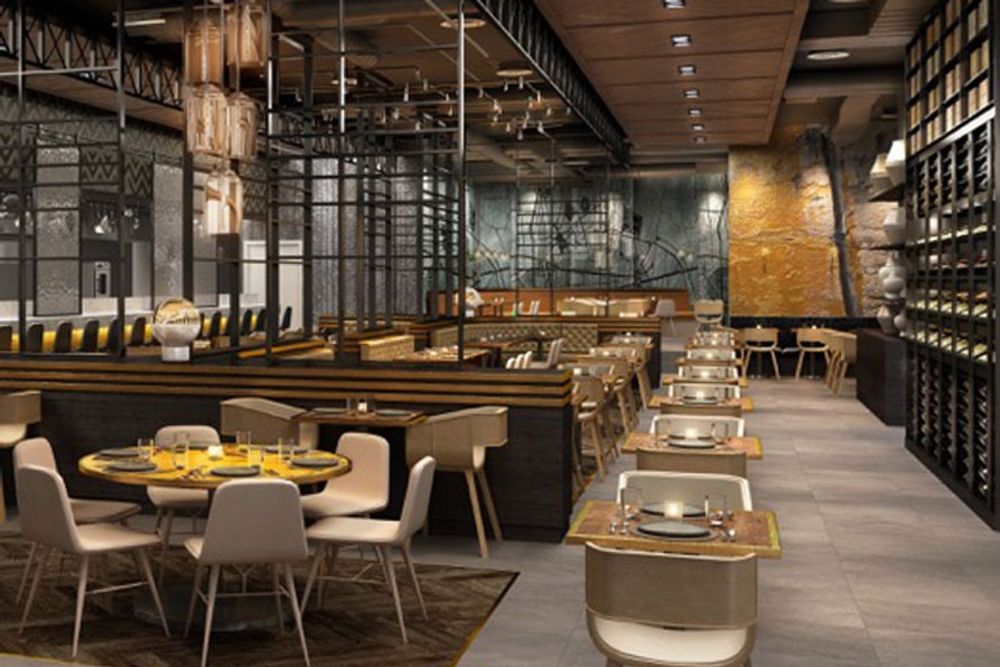
The Kitty Hawk looks to create a sense of community in the City of London with its approach to sustainability
Bryn Timmis at Wright & Bell Group said there was also a bigger role for chefs to play and as well as being focused on the produce and meat and fish they use, for them to become far more involved and aware of how sustainable the wine they are using both in the kitchen and serving to their customers is.
The opportunity is clearly there for the on-trade to be much more on top of the sustainability agenda when it comes to wine. The right steps are already being taken with food and produce, so it’s not too much of a step to widen that out to wine as well.
“We need food and drinks agendas to be lined up better,” said Timmis.“So you’re choosing which wines to list in the same you are sourcing your food. But to give such priority to sustainability in a busy restaurantis a hard thing to do, so the more help you can get from suppliers the better.”
More clarity
The panel of restaurateurs and sommeliers agreed they needed more information and clarity on what exactly a sustainable is. And they need more of that information disseminated down to restaurants in a way they can use it. Be it through and wine and food matching education sessions with suppliers and chefs, but in way that can be fun and relevant to front of house teams.
It’s a challenge the whole restaurant supply chain needs to meet, said MacInnes. “It’s what you are doing in your own business as well that matters. We are the only London wine merchant as far as I know that pays the London Living Wage which is pretty shocking. We also audit our own suppliers to see how they are treating their staff and we think that is a responsibility for the whole wine industry to follow.”
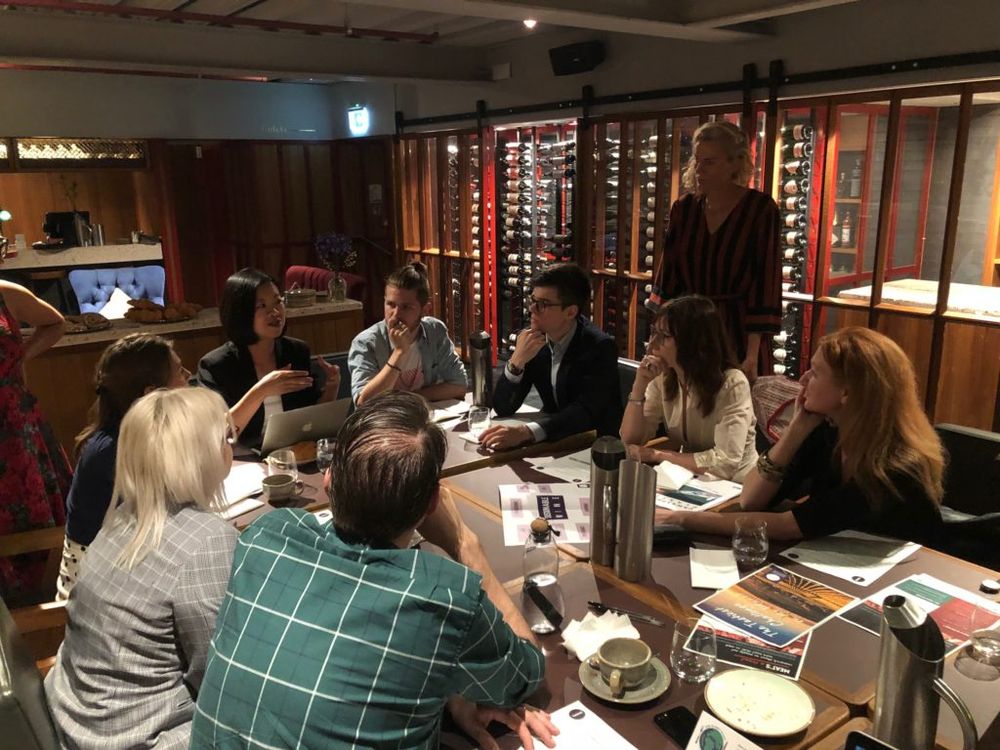
There was a shared commitment amongst the panel to do more with wine and drinks when it comes to sustainability
He said the sustainability panel had “exceeded its expectations” and made clear what its objectives need to be going forward as a wine supplier to live up to the needs that restaurants have. “It’s crucial we find ways to keep you engaged like this in the future.”
“We would love to see more specific examples of what restaurants are doing. What has worked, what hasn’t,” he added. “It’s different challenges for different operators. We will look at ways we can share what people are doing. Be it with wines by draught in casks, cans or bag in box.”
Jascots is clearly committed to putting sustainability at the top of its sourcing and buying agenda.
Holding events such as this with key operators and players at the sharp end on the high street show how much enthusiasm there is from the trade to take sustainability seriously.
The momentum has started. It’s going to be fascinating to see how that drive towards a more sustainable future plays out for wine producers, importers, distributors and restaurants alike.
- The Buyer is interested in talking to other wine and drinks suppliers and restaurant and bar groups about the steps they are taking to be more sustainable. If you would like to share your story with the rest of the trade then please contact Richard Siddle on richardsiddle@btopenworld.com.
